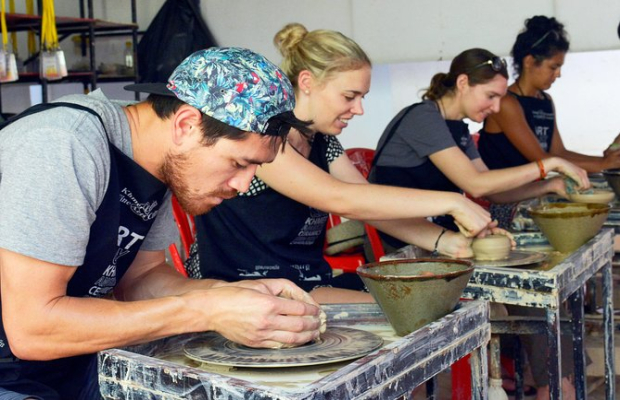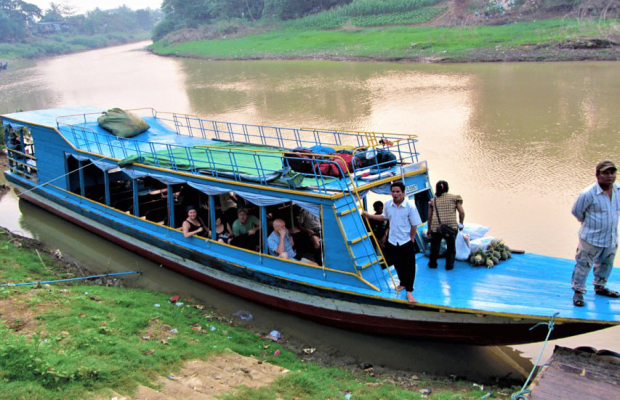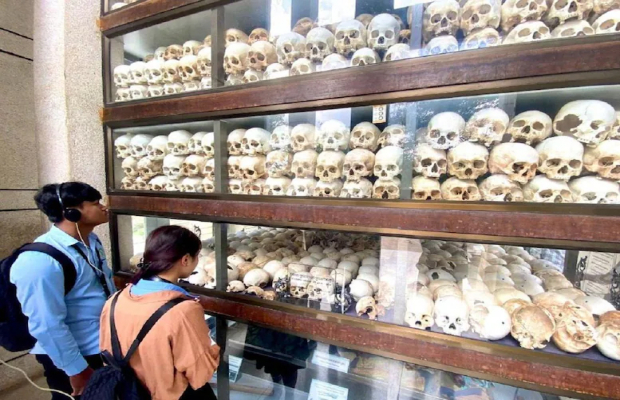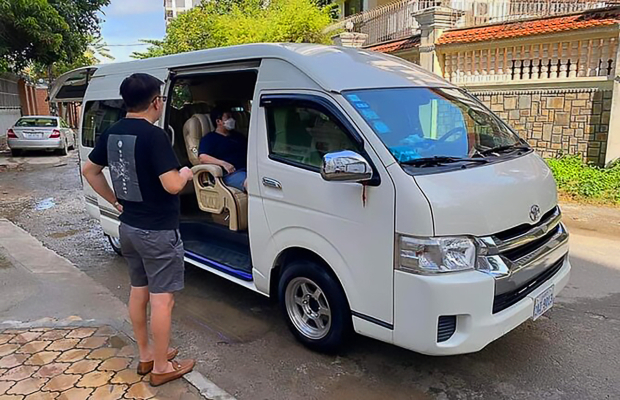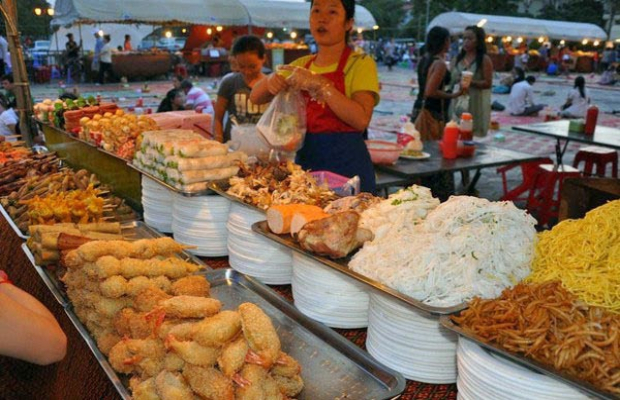Mekong Quilts
Business Overview
5 Sivutha Boulevard, Siem Reap, Kingdom of Cambodia.
Mekong Quilts is a non-profit, community development, income generating project, which provides sustainable employment for women in Vietnam and Cambodia. Due to the expansion of the project into Cambodia, the organisation is known by two names; Vietnam Quilts in Vietnam and Mekong Quilts in Cambodia. Mekong Quilts specialises in high quality, hand-crafted bed covers, accessories and gift wares. and ranging from contem-porary to Asian-inspired designs.
Overview of Mekong Quilts
Mekong Quilts is a non-profit, community development, income generating project, which provides sustainable employment for women in Vietnam and Cambodia. Due to the expansion of the project into Cambodia, the organisation is known by two names; Vietnam Quilts in Vietnam and Mekong Quilts in Cambodia. Mekong Quilts specialises in high quality, hand-crafted bed covers, accessories and gift wares. and ranging from contem-porary to Asian-inspired designs. There are a variety of quilts to choose from which include different colours and themes, Mekong Quilts also accepts custom orders, ensuring unique products to suit any home. International shipping is available by both sea and air.
Every item purchased from Mekong Quilts is a gift that gives twice.
One visitor in April 2012: "I just received an email from my mother advising me on places to visit while in Hanoi, Mekong Quilts was the only shop she recommended."
About Mekong Quilts
Mekong Quilts was founded in 2001 as an income generation project under the umbrella of parent NGO, Mekong Plus. Mekong Quilts offers sustainable employment to women from poor rural regions of Vietnam and Cambodia.
Currently, Mekong Quilts employs women in communities northeast of Ho Chi Minh City (Duc Linh, Tanh Linh and Ham Thuan Nam in Binh Thuan Province) and Long My in the Mekong Delta. Mekong Quilts also offers employment opportunities to Cambodian women through Mekong Quilts, a similar project located in the village of Rumdoul, near the Vietnam / Cambodia border.
Quilting is perfect as an employment activity, as it requires a small investment to begin with and is labour intensive. Thanh Truong, a Vietnamese dentist in HCMC recognised these qualities and through her passion for quilts, began the programme with just 35 women.
The first quilts were sold Tupperware-style in the homes of friends, volunteers and supporters. The initial stages wereslow. Opening a shop was an essential step required to grow the business, thus provide more employment opportunities for women. In 2005, the programme had expanded slightly, with 45 women employed. Since then, the project has not looked back. In 2011, there are four shops and over 340 women in full time employment. The quilters receive training, a fair wage, employment benefits (health insurance, wedding and baby bonus, bereavement payment), and work in a safe and comfortable environment. Many of the women who work for the project have doubled their income, which ensures their children remain in school.
The women work in groups and in total there are 15 groups. The group leader is responsible for their group, allocating work and ensuring the quilts meet Mekong Quilts high quality standards.also train new skills to their existing members and any new members when they join their groups. The group leaders take the quilts to HCMC once a month when completed.
A production team in Ho Chi Minh City works closely with the group leaders to provide training, quality checks of all work and to provide support for the programme, purchasing fabric, creating new designs and marketing the products worldwide. The quilters are paid once the quilts pass the quality control inspection.
Profits generated from the sale of the quilts are reinvested into the community through Mekong Plus. This includes programmes such as scholarships for children, agricultural training and micro-finance programmes, etc. As a result, not only does your support through the purchase of products help to provide sustainable employment to women but the profits from the sale of the quilts also benefit the poor communities in which they live.





